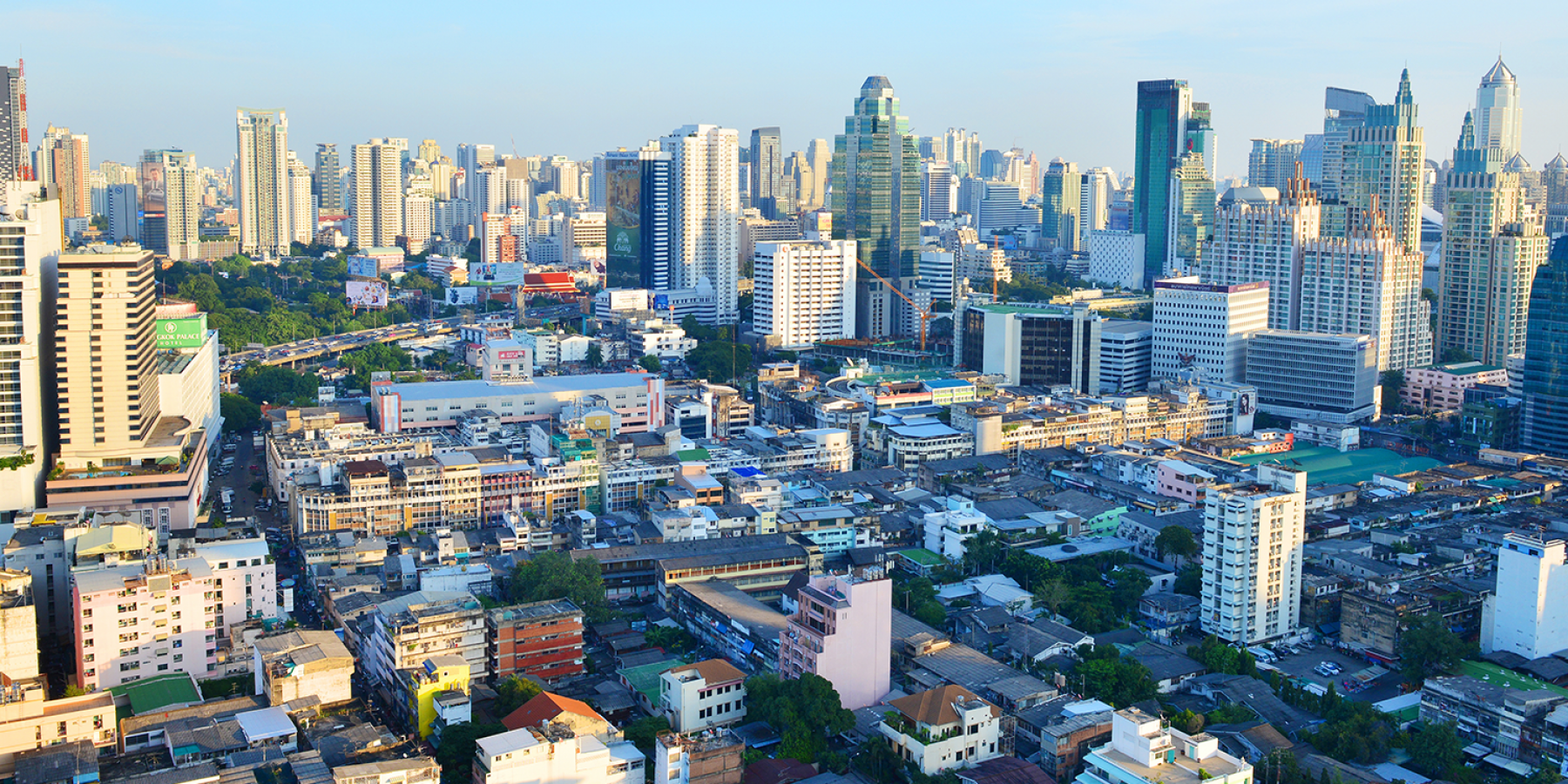Key messages
- Health taxes are taxes imposed on health-harming products like tobacco, alcohol, sugar-sweetened beverages and other ultra-processed food products, and fossil fuels.
- These taxes can be considered a triple win: they reduce and prevent harm to population health by lowering consumption of health-harming products, thereby increasing productivity; generate public funds which can be used for health; and strengthen health systems by reducing the burden on them.
- Health taxes have generated billions of dollars for the Philippines since they were first implemented in 2012. These public funds were channelled back into the health system to help pay for UHC. In 2022, subsidies to PhilHealth — the health insurance scheme in the Philippines — were five times higher than they were in 2013.
- Despite their proven effectiveness and multiple benefits, health taxes are underused by governments. This is largely due to interference by the health-harming industries that profit from selling these products at the expense of people’s health everywhere.
- Industry interference is strong, but more and more governments are choosing to implement policies that protect population health rather than industry profits.
Health taxes in the Philippines: proving that UHC is within reach of all countries
Universal health coverage (UHC) is the most powerful concept that global health has to offer, and all countries agreed to implement it by 2030 through the Sustainable Development Goals. Seeing this target achieved would bring better health to all people and reduce poverty in households, communities and countries. But the question stopping many countries from doing it is: How do we pay for it?
With a developing economy and a population of 114 million spread across more than 7,000 islands, bringing health coverage to everyone in the Philippines is no easy task.
But this country is demonstrating that UHC is within the reach of all governments - including those with low resources.
The Philippines use health taxes - excise taxes imposed on health-harming products like tobacco, alcohol, and sugar-sweetened beverages (SSBs) - to help fund UHC benefit packages, giving all Filipinos access to affordable essential health services. The evidence is made clear by many studies and real-life cases: health taxes reduce consumption of unhealthy products, improving people’s health and saving lives while raising public revenue.
More and more countries are considering or already implementing such taxes to help fund health services, but the Philippines is one of the pioneers. It first began implementing health taxes in 2012, when the government increased the tax on cigarettes and other tobacco products by more than 300%. Since then the tax has grown incrementally each year, reaching an increase of as high as 1000% by 2018. These taxes now increase automatically each year by 5%. Similar taxes were also applied in 2019 to alcohol and to electronic cigarette liquids and devices.
The government raises about US$500 million from alcohol and e-cigarette taxes and US$320 million from tobacco taxes. In 2018, the government added a tax on SSBs raising prices by 14% and generating at least US$2 million per day. Along with the revenue raised, take into account the health benefits. For instance, tobacco use among the Philippine population fell to 18.7% in 2021 from 23.8% in 2015.
Any government who doubts whether health taxes can really make a significant contribution to funding UHC can take the Philippines as a living example. In 2022, subsidies to PhilHealth — the health insurance scheme in the Philippines — were five times higher than they were in 2013.

Industry interference in health taxes
Health taxes are a proven tool for raising domestic resources whilst also improving health by reducing harmful consumption or exposure. However, despite their effectiveness, these taxes are underused by governments, as are other health-promoting policies like warning labels on health-harming products, marketing regulations, and limitations on where products can be sold.
Many people wonder why governments fail to implement seemingly simple policies to protect and promote the health of their people while generating income through taxes and increased productivity from better health. The answer usually comes down to aggressive interference in policymaking by the industries producing and selling health-harming products, followed by industry price games to undermine taxation policies.
Although their products are different, health-harming industries - from tobacco to alcohol, ultra-processed food, SSBs, fossil fuels and many more - share the same tactics when governments consider policies that could cut down corporate profits, including health taxes. These tactics include everything from founding false civil society organisations and funding “scientific” studies that promote industry interests, to making huge political donations, finding legal loopholes to stop policies from being implemented, and even making threats to the safety of policy makers and their families.
Civil society plays a crucial role in countering these efforts, but given the massive amount of power and money these industries yield, taking them on sometimes seems like a case of David versus Goliath. In spite of this huge imbalance, more and more governments are choosing to put people first.
Recommendations
Health for all or wealth for few? Learning from the Philippines experience
As inequalities widen and the effects of climate change put the health and survival of populations in all regions of the world under threat, momentum is building for a global shift into a wellbeing economy - one that puts human and planetary health ahead of corporate profits. The Philippines can be considered a real trailblazer in taking bold policy action for health, bypassing industry interests in order to protect populations.
Here are just a few more examples of countries that are taking steps to choose health for all:
In Thailand, a 2% surcharge of excise taxes on tobacco and alcohol finances health prevention activities through the autonomous government body, the Thai Health Promotion Foundation, ‘ThaiHealth’. On average, ThaiHealth receives annually US$ 120 million from the surcharge.
On the Western Pacific island of Palau, 10% of the annual tobacco excise tax revenues are allocated to fund health care coverage subscription costs for citizens who are not working and are at least 60 years of age or disabled, and 10% of taxes on alcohol and tobacco are allocated to noncommunicable diseases.
In Colombia, the total proceeds from the tobacco ad valorem excise tax (10% of retail price) and most proceeds from an additional specific tobacco excise are allocated to national health insurance. A smaller proportion of the specific excise tax funds sports.
In the Caribbean, Barbados was among the first countries to tax sugar-sweetened beverages back in 2015, when it was one of only 10 countries doing so. The country started with a 10% tax, which was raised in 2022 to 20%. Part of the funds generated have been earmarked to health promotion, including NCD prevention.
Find out more
about NCD Alliance’s policy asks for the 2023 UN High Level Meeting on UHC in our policy brief



